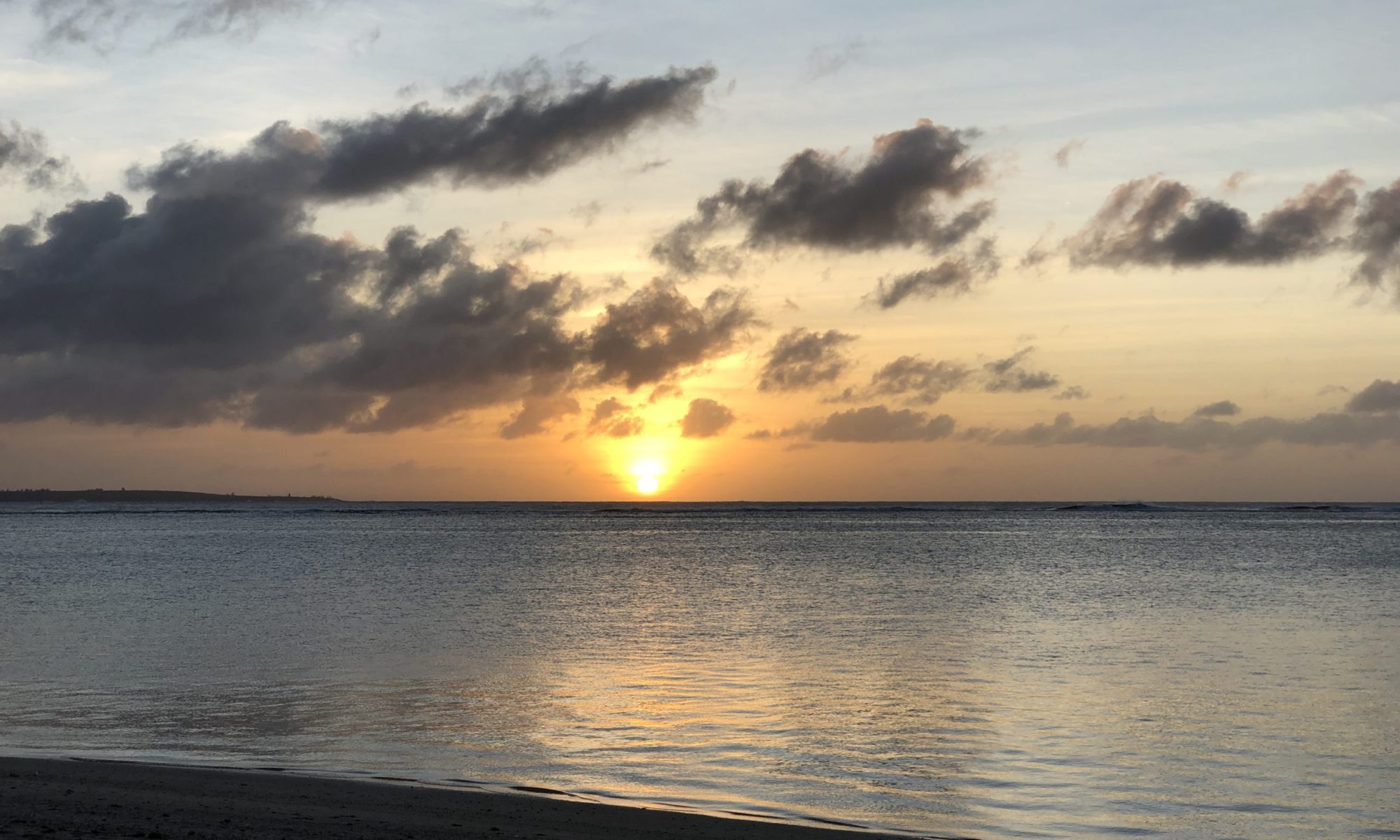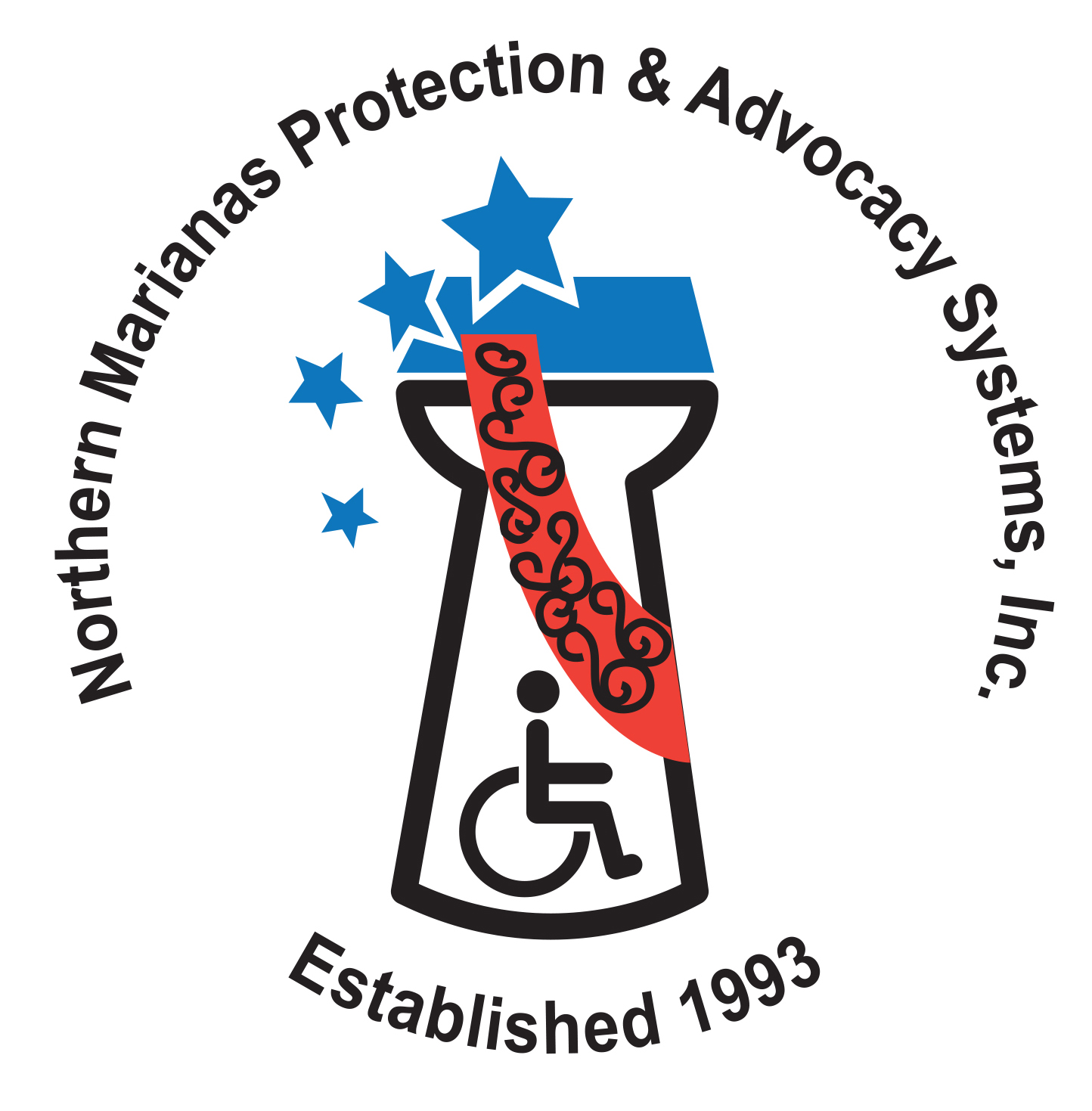IN America, we as a people represented by the U.S. Congress have agreed that people with disabilities have the power to contribute to the American economy. In 1973 the U.S. Congress stated: “Disabilities are a natural part of the human experience.”
This year for National Disability Employment Awareness Month or NDEAM, our theme is Expect, Employ, and Empower!
So often, myths about people with disabilities in the workforce are the barriers that prevent employers from hiring this overlooked workforce. The following are some myths and actual facts about people with disabilities in the workforce:
MYTH
Employees with disabilities have a higher absentee rate than employees without disabilities.
FACT
Studies by firms such as DuPont show that employees with disabilities are not absent any more than employees without disabilities.
MYTH
People with disabilities are inspirational, courageous, and brave for being able to overcome their disability.
FACT
People with disabilities are simply carrying on normal activities of living when they work at their jobs, go grocery shopping, pay their bills, or compete in athletic events.
MYTH
People with disabilities need to be protected from failing.
FACT
People with disabilities have a right to participate in the full range of human experiences including success and failure. Employers should have the same expectations of, and work requirements for, all employees.
MYTH
People with disabilities have problems getting to work.
FACT
People with disabilities are capable of supplying their own transportation by choosing to walk, use a car pool, drive, take public transportation, or a cab. Their modes of transportation to work are as varied as those of other employees.
MYTH
People with disabilities are unable to meet performance standards, thus making them a bad employment risk.
FACT
A 1981 DuPont study which involved 2,745 employees with disabilities found that 92 percent of employees with disabilities rated average or better in job performance compared to 90 percent of employees without disabilities.
MYTH
Considerable expense is necessary to accommodate workers with disabilities.
FACT
Most workers with disabilities require no special accommodations and the cost for those who do is minimal or much lower than many employers believe. Studies by the Job Accommodation Network have shown that 15 percent of accommodations cost nothing, 51 percent cost between $1 and $500, 12 percent cost between $501 and $1,000, and 22 percent cost more than $1,000.
MYTH
Employees with disabilities are more likely to have accidents on the job than employees without disabilities.
FACT
In the 1990 DuPont study, the safety records of both groups were identical. Source: Presidents Committee on Employment of People with Disabilities – October, 1994. Used with permission
Written by: Institute for Community Inclusion http://www.communityinclusion.org
I know many people with disabilities in many jobs in our government and private sector around our islands. They contribute, they help our economy, they are vested here in our islands, and they are willing to work like everyone else to realize their dreams and/or goals in life. We must all look at every person on the same playing field regardless of a disability. In other words, treat everyone equally! Furthermore, federal laws protect people with disabilities from being discriminated against when seeking, obtaining, during, and leaving a job based on disability.
As the chairman for the CNMI NDEAM Committee, I am proud to inform you that through collaboration with the Office of Vocational Rehabilitation, University Center for Excellence in Developmental Disabilities out of NMC, Council on Developmental Disabilities, the Assistive Technology Center, the Ayuda Network, the Northern Marianas Protection & Advocacy Systems Inc., and the Office of Federal Contracts Compliance Programs out of the U.S. Department of Labor on Guam are collaborating this year for NDEAM and have brought Mr. Phillip Marlowe who represents the US Department of Labor and for the last two years as the Compliance Officer for the Office Federal Contracts Compliance Programs, Guam and the CNMI. Mr. Marlowe is a retired U.S. Army Lieutenant Colonel – Military Police and served in the Air Force and Army for a total of 34 years. He has extensive experience in Equal Opportunity and Affirmative Action program management. He will do training on Section 503 of the Rehabilitation Act, Reasonable Accommodations, and Affirmative Action Plan for the first whole day of training. Then Mr. Ray Diaz of the AT Center, Ms. Jane Tudela of the Office of Vocational Rehabilitation, Mr. Floyd Masga of the University Center on Excellence in Developmental Disabilities, and I will present information on Assistive Technology + Employment = An Accessible Workplace, Vocational Rehabilitation Services, Communication in the Workplace, the ADA Title I and Section 504 of the Rehabilitation Act, and Sensitivity Training to the islands of Tinian last week, and Rota this week. Saipan will be the last training location for NDEAM. It will be at the Kanoa Resort this Thursday, October 23, 2014, from 8 a.m. to 4 p.m., and also this Friday, October 24, 2014, from 8 a.m. to 12 noon.
We invite you to join us if you are interested by calling Maggie or Elvira at the Office on Vocational Rehabilitation at 322-6537 or 38 to register for this training. Seating is limited, so please call as soon as possible. If you need a TTY, please call NMPASI at 235-7278 to register with Carmen.
It is through education and training that we can change current attitudes about people with disabilities in the work force. Together we can change for the better. So Expect people with disabilities to work, Employ people with disabilities in your workplace, and Empower our people with disabilities by treating everyone equally regardless of our differences.
For more on NDEAM, please do not hesitate to contact me at NMPASI by calling 235-7273 or 4. For TTY, call 235-7278.
Happy National Disabilities Employment Awareness Month!
The author is program manager of the Northern Marianas Protection and Advocacy Systems Inc.

